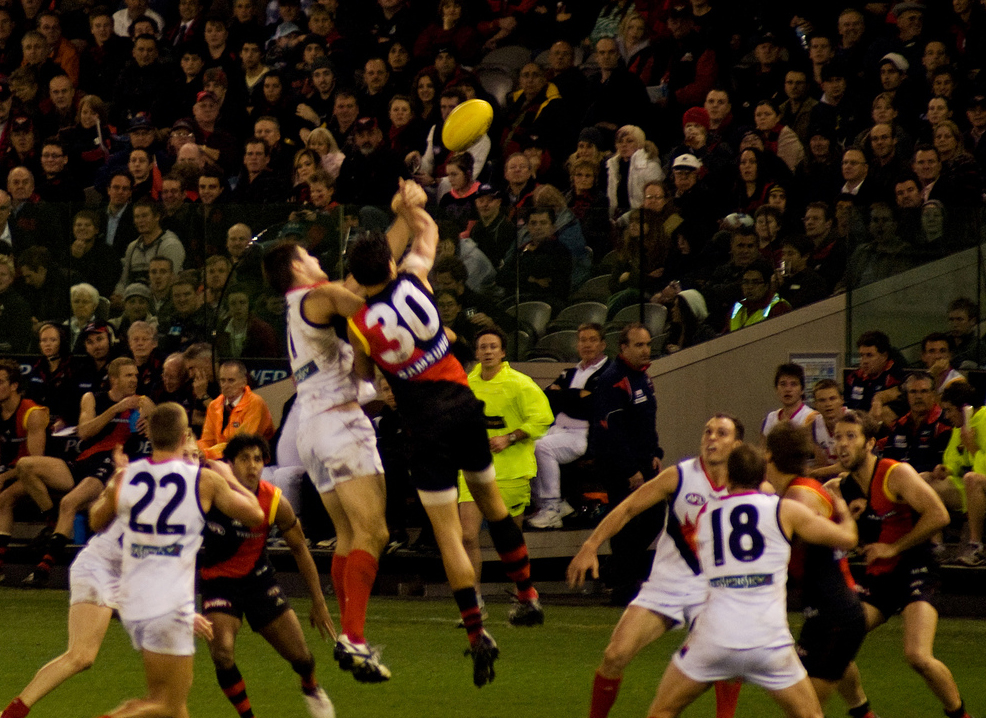Shared services help poor teams: AFL

Providing shared services for cash-strapped Australian Football League (AFL) clubs is just about ensuring a level playing field between them and the more affluent clubs, according to AFL IT manager Andrew Young.

(Patrick Ryder image by AndyeMcee, CC BY-SA 2.0)
"The ultimate aim of shared services ... is to provide an equal playing field," Young told his Gartner Symposium audience in Sydney today. "Where appropriate, the club ... has its own IT shop. So they might have their own corporate IT people, they might have their own football technology people. It depends on the resources and the wealth available for the club."
"Where the club chooses to not have an IT function, we take on that function and we offer them shared services or hosted solutions," he added.
The AFL currently hosts payroll services for 14 of the 18 clubs, and finance for 12 teams. Young said the AFL would also take on the IT services for the game's two new clubs: the Gold Coast Suns and the Greater Western Sydney Giants as part of its hosted services.
"Hosted solutions are provided in the form of things like Citrix Xen app and Citrix Xen server and we've got a large datacentre down in Melbourne. We provide all that out to clubs should they choose to take that on board," he said. "The logic behind that is to eliminate the reinvestment and just make sure the clubs concentrate on what they're doing and that's growing the game, and concentrating on talent and development."
On the field, Young said it took two to three hours per match to set up the IT at each stadium.
"Stadiums weren't designed to be IT shops, I can tell you that," he said. "On average you have about 15 to 20 computers in coaches' boxes, and they're all mixed — half Mac, half PCs and we have to try to make them work."
Young said that technology was now in use in the coaches' box that allows coaches to track player movements, statistics and health. They also have real-time access to footage that they can download onto portable devices and play back.
"That presents us with some real challenges," he said, with storage being the biggest issue. Young said that a full season of the AFL in 1080p HD video format would take up 97 terabytes in storage space alone. He said that the AFL had also just inherited 30 years of game footage from the archive that all had to be digitised.
Bandwidth was an issue at the games too, Young said.
"The 3G network is usually congested by consumers and fans in the audience with Twitter feeds and Facebook feeds and downloading apps," he said. "[Teams are] competing with this bandwidth."
He sets the teams up with portable 3G networks. "[In order to provide] bandwidth and make sure they've got the networks enabled to transfer this vision we have to make sure all that infrastructure is in place," he said.